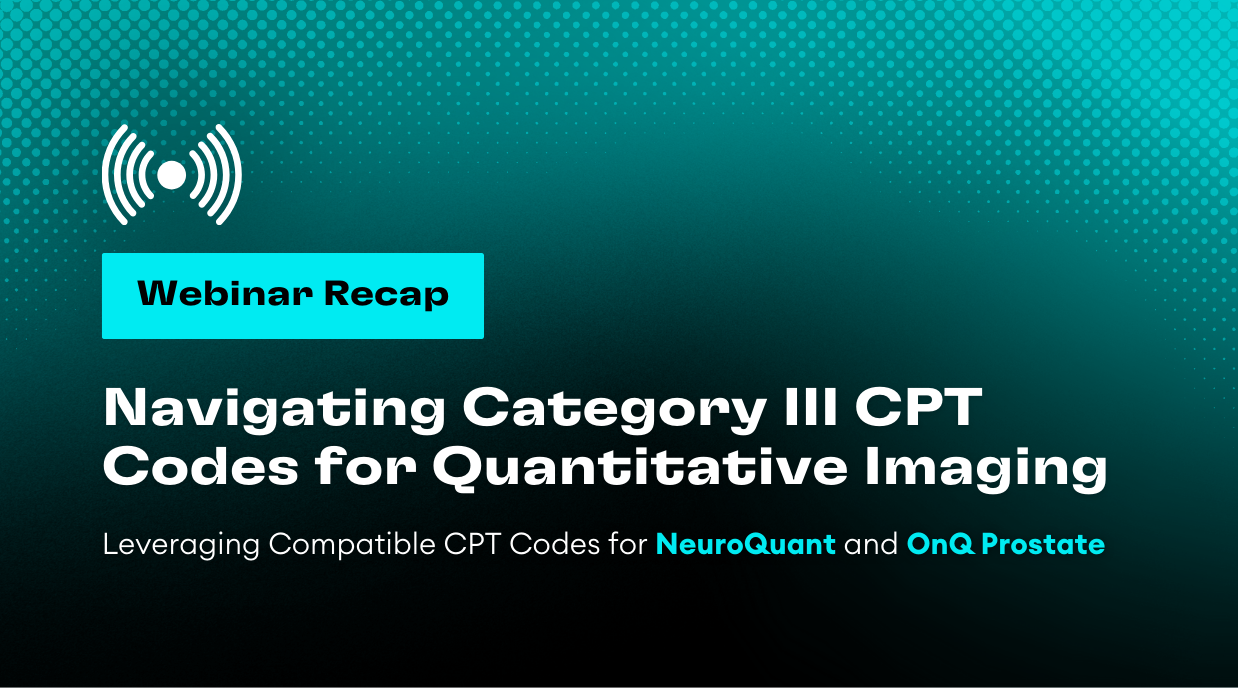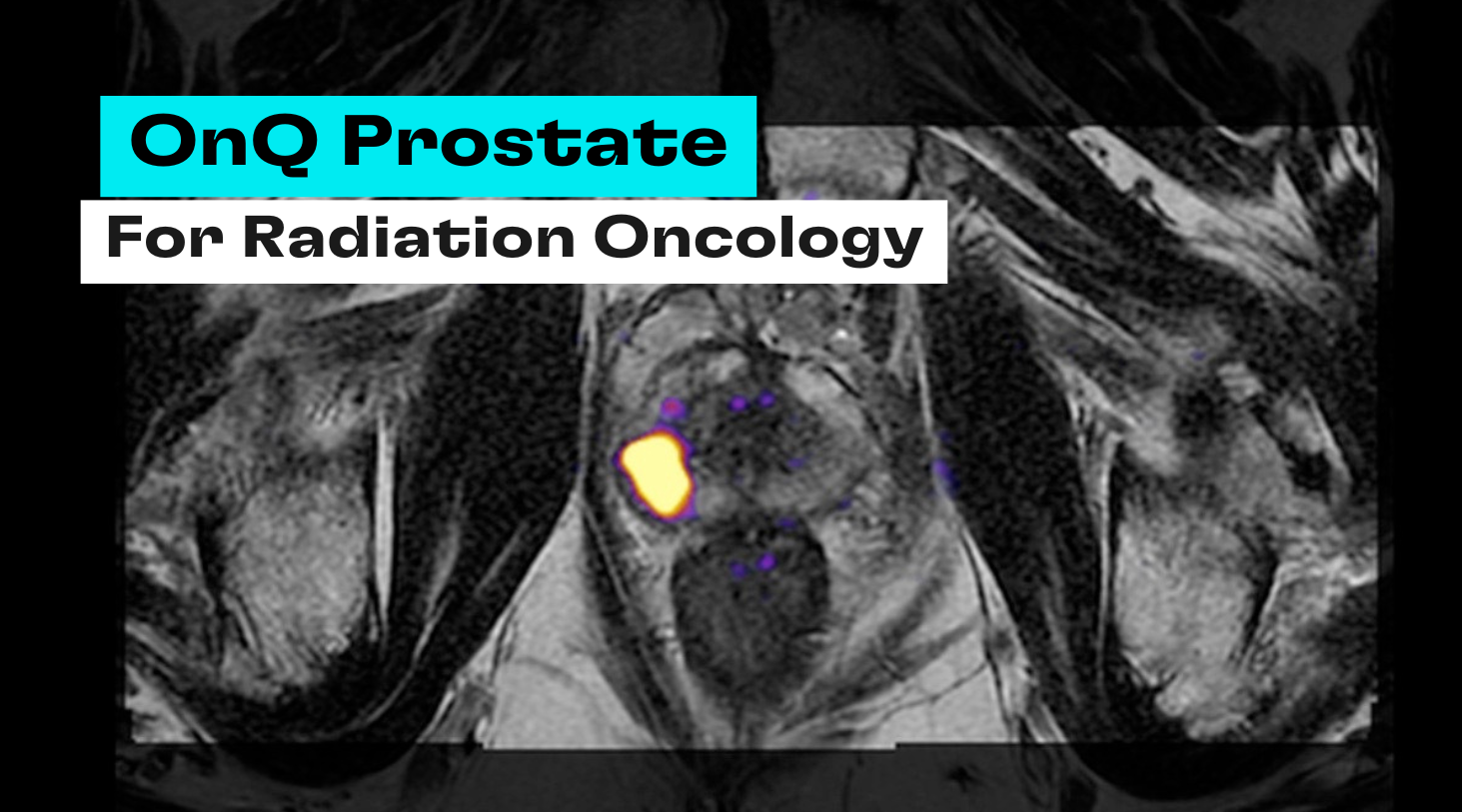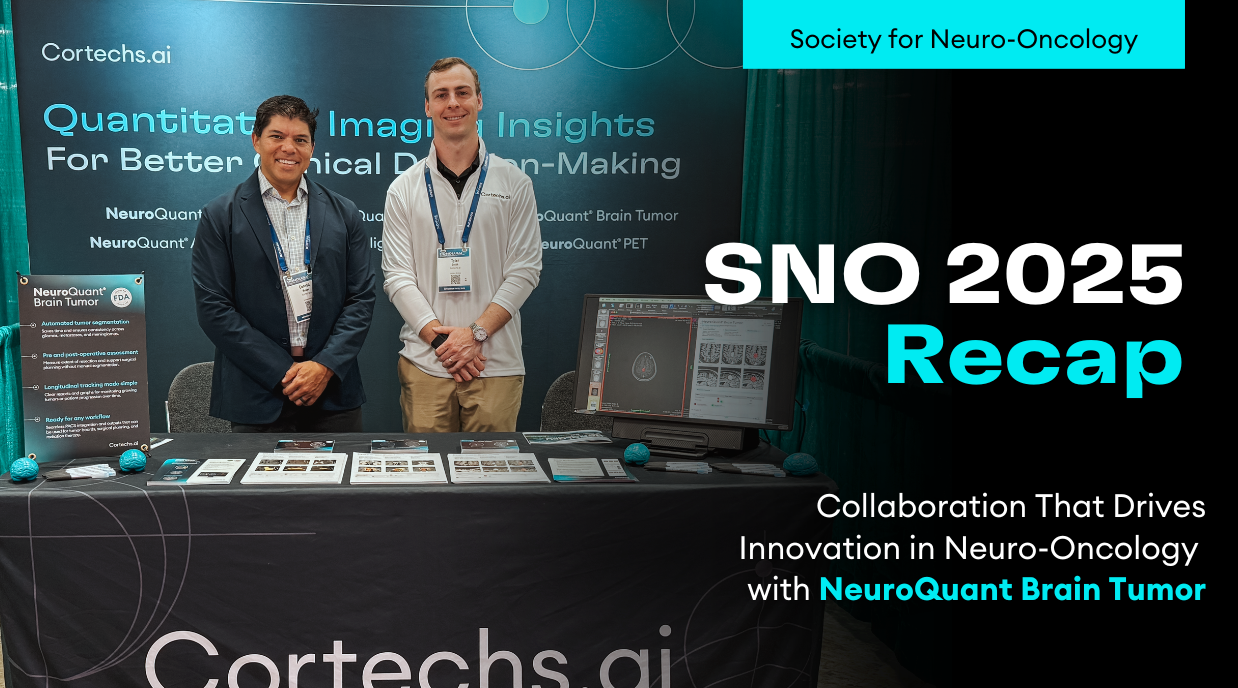Diagnostic efficacy of structural MRI in patients with mild-to-moderate Alzheimer disease: automated volumetric assessment versus visual assessment
The automated volumetric assessment tool had moderate sensitivity (63.3%) and high specificity (100%) in differentiating patients with mild-to-moderate AD from control subjects. Visual inspection showed sensitivity of 63.3% and specificity of 92.0%. The diagnostic performance was not significantly different between the two methods (p =0.536–0.906). Intraobserver reliability for visual inspection was 0.858 and 0.902 for the two reviewers, and interobserver reliability was 0.692–0.780. (2016).
[button]Download[/button]






